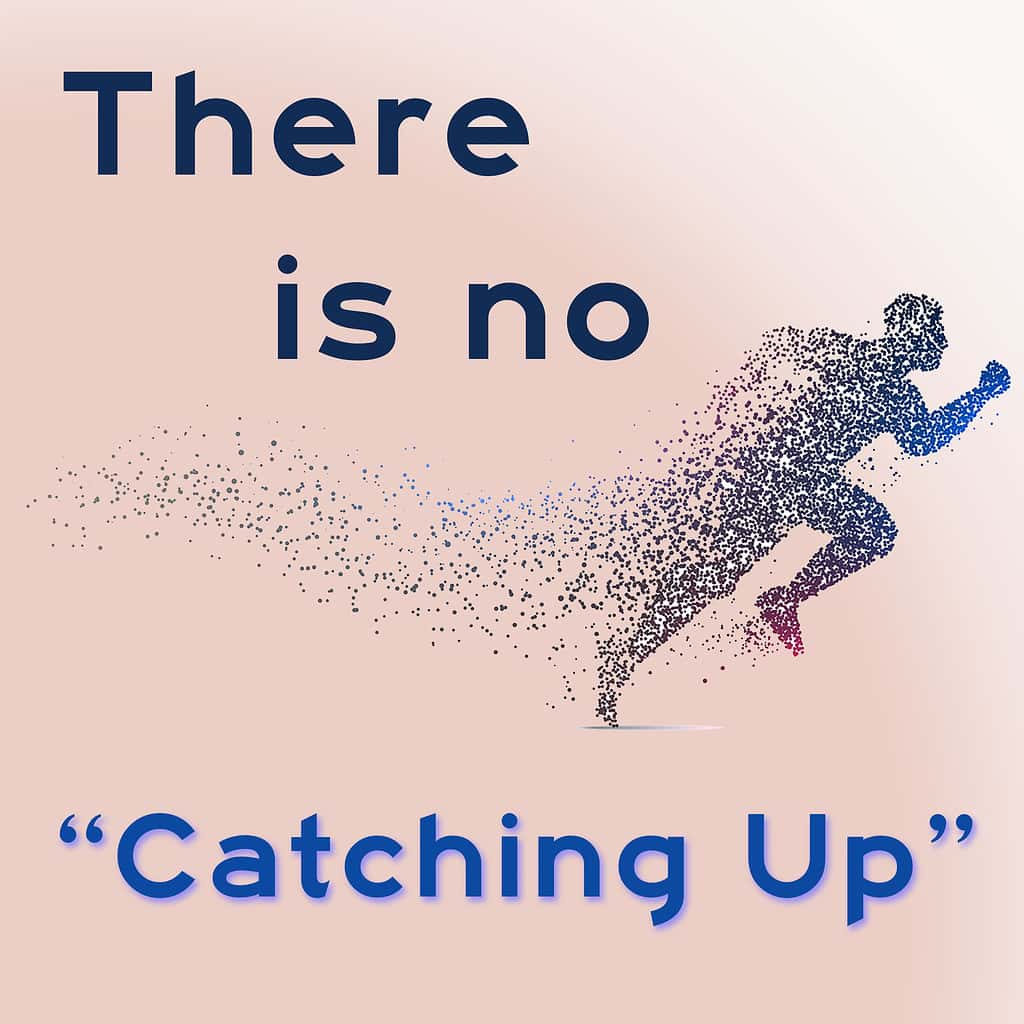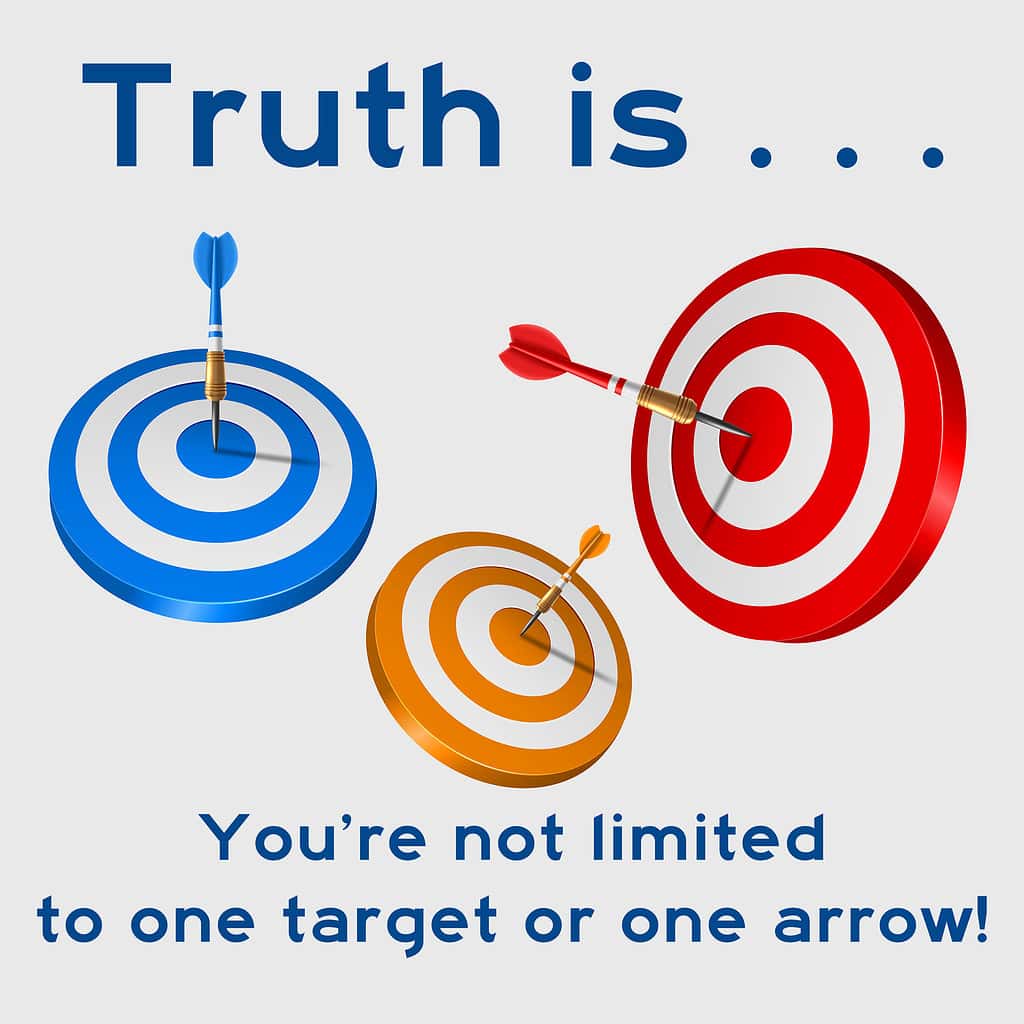
One of the big buzz words of the last ten years is “Multi-Tasking.” I’m sure you’ve heard people say they’re multi-tasking. Or perhaps you’ve prided yourself on being a multi-tasker. I’ve even seen people ask for this quality in formal job descriptions.
But there is no multi-tasking. People cannot multi-task.
We get this term from the world of computers. Despite the fact that we’ve used this term for almost two decades, computers are just now being designed so they can do more than one task as one time. So, you see, even computers are not really multi-tasking.
A computer with one processor can only do one thing at a time. Computers have the wonderful facility of being very fast and being able to change tasks very quickly. So, when it looks like you are word processing and browsing the internet and editing a picture all at the same time, the computer is not really multi-tasking.
Computers operate by time slicing. Time slicing consists of giving a few milliseconds to one task, then a few to the next, then a few to the next. Because computers can change tasks so quickly, they appear to be doing two things at once. But in reality there is no multi-tasking.
You cannot multi-task either.
Sometimes we are engaged in several actions as the same time, but we cannot actually do them all at the same time. And, as humans are slow to change from one task to another, it is clearly visible that we have to stop doing one thing and start doing another.
No matter how quickly you switch tasks, you can never give your attention to two activities at the same time. You can time-slice. But your time slicing has limited effectiveness.
The most important point for you to remember when you try to time-slice is that it reduces your overall effectiveness. We fool ourselves into believing that we are being more productive (or that other people are more productive) when we multi-task. In reality, you have split your attention between several tasks and therefore reduced your ability to focus on each task.
The more you focus on the task at hand, the more effective you will be. If you cloud your mind by trying to think about two or three things simultaneously, you will be less effective at each of them.
When writing a letter, for example, you should focus all of your attention on the letter. You will write faster, write more clearly, address the topic more effectively, and be done sooner than if you force your mind to switch back and forth between the letter and something else.
Sometimes we engage in a task but find it difficult. Writing is a good example. When the words don’t come, we engage in something else. This is obviously the wrong thing to do. The words won’t come until you give them your attention and focus on the writing. When you engage in something else, you make the writing less focused and less effective. The same is true for every other activity.
There are some activities that are particularly well suited for time slicing. Other activities can be organized around effective time slicing. Cooking is a great example of time slicing. You might put a roast in the oven and then, while it cooks, start preparing the vegetables. People who are very well organized and good at changing their focus can become great cooks and prepare seven courses with perfect timing.
I can barbeque hot dogs.
You can become efficient at time slicing. But never divide your focus.

You can become efficient at time slicing. But never divide your focus.
You must develop the habit of discerning your most important task and focusing on that task until it is complete (or at a logical stopping point such as completing a draft that needs review). Then decide on your next most important task and focus all of your attention on that task until it is complete.
We have gone so far down the road of believing in multi-tasking that most of us have never developed the habit of focusing our attention on one thing at a time. Your job may require you to time-slice, but you must think of it in those terms. Do not fool yourself into believing that you can do two things at once. The best you can do is to perform a poor job on two or three projects.
If you try to multi-task you will divide your focus and the quality of your thinking will diminish.
Begin today. Develop the habit of focusing all your attention on one thing at a time. You’ll be amazed at how efficient you will become.
When you’re excellent at focusing on one thing at a time, then you can begin training yourself to time-slice effectively–that is, switching from one task to another. But once you switch, you must give all of your focus to the new task. If you try to think about two things at once or do two things at once, you will do neither of them well.
So-called Multi-Tasking is the root of many errors, poor workmanship, and stress. Do not ask yourself to do two things at once. And don’t ask others to do it either.
| “The Secret of Success is Consistency of Purpose.” — Benjamin Disraeli |







